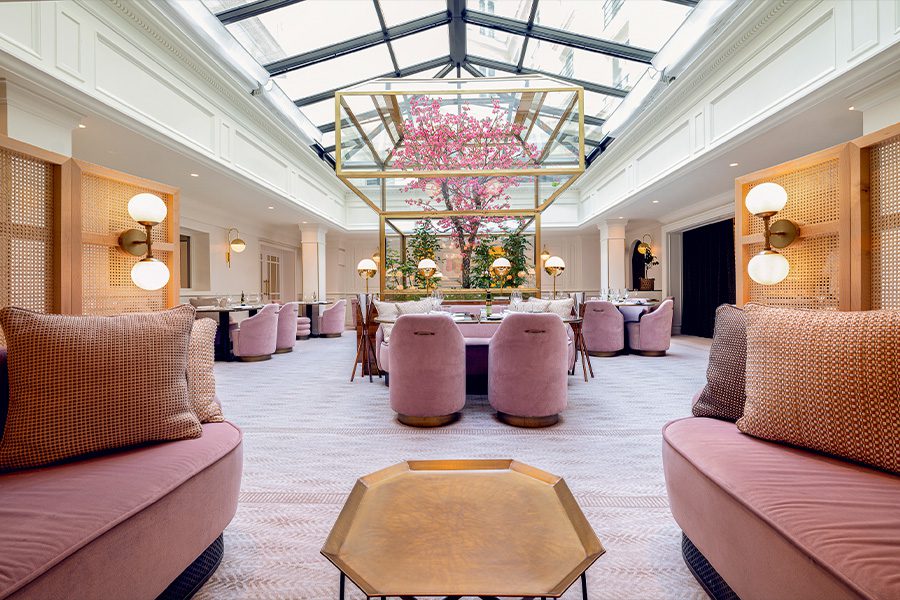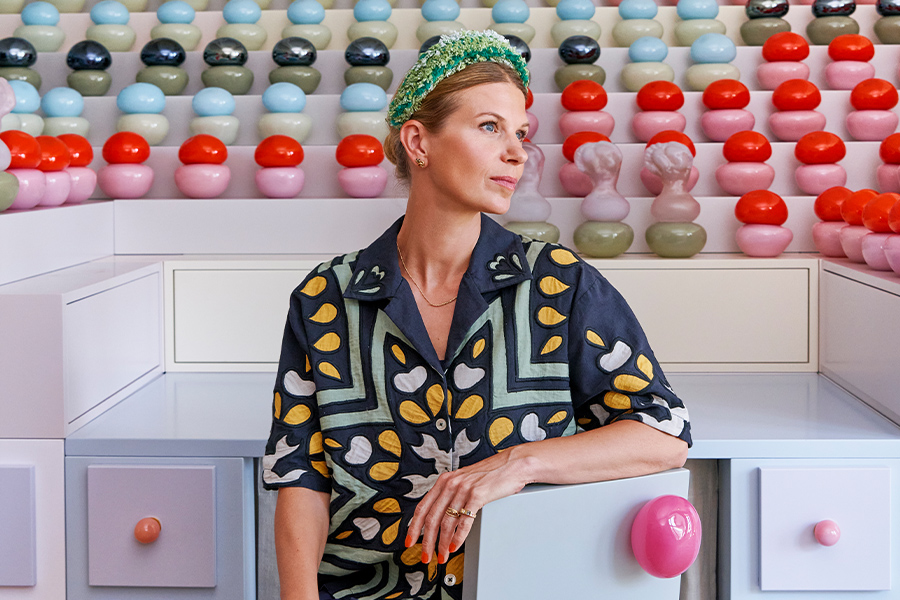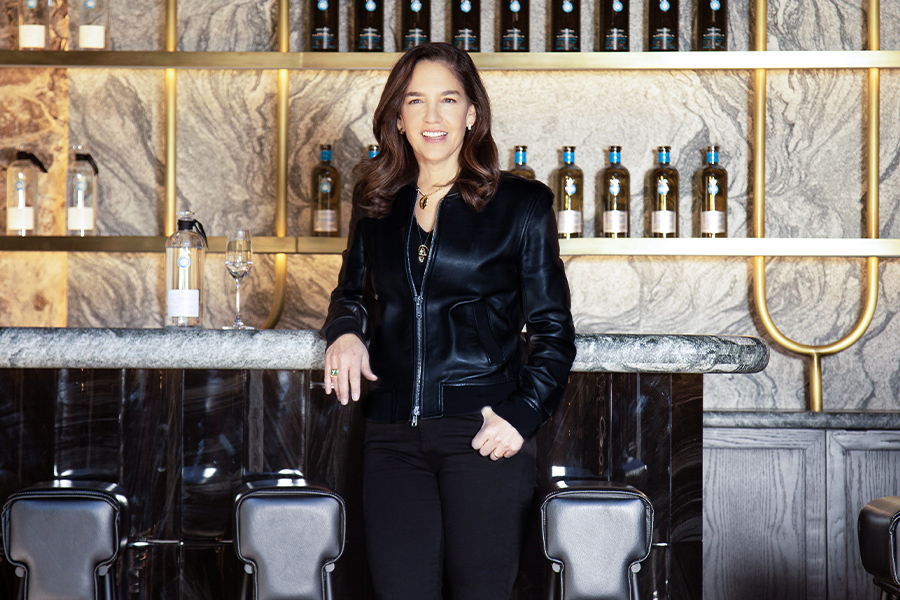Federico Toresi remembers his childhood home in Rome fondly. “It was your typical ’70s style,” recalls the global vice president of design for luxury and premium brands at Accor. “Everything was lime green and orange, and we had incredible modern designer furniture. I still have some of it around my place but now we call it vintage.”
His father worked in graphic and exhibition design, so Toresi was exposed to creativity at a young age. Although he wasn’t “one of those kids who walks around with a sketch pad,” he says he has “always been one of those people who walks into a room and can spot what’s right and what’s wrong.”
That X-Ray vision, as he puts it, has come in handy at Accor, where Toresi leads a team that creates standards and guidelines across such brands as Orient Express, Raffles, Fairmont, Sofitel, Pullman, Swissôtel, MGallery, Mövenpick, and Grand Mercure. Toresi is devoted to dreaming up “new strategies of delivering guest experiences, new ways of designing certain environments,” he says, noting how his holistic approach might translate to a meeting with an anthropologist one day and a tech guru on another. As concepts are developed, they are then refined and reimagined through the lens of a certain brand’s DNA. Requirements are fulfilled, materials are selected, and collaborative dialogues unfold “to make sure that what we design, the service matches the ambition,” he says.

A rooftop pool with a panoramic view crowns the Athens Capital Center Hotel – MGallery, with a design by MKV
Toresi moved to London as a teenager, and he stayed on to launch his architecture and design career there, working for the likes of Gensler, Blacksheep, Anouska Hempel (“a pivotal shift into luxury,” he notes), and Aedas Interiors before joining Accor in 2017, first as senior director of interior design for luxury brands in Europe.
Now based in Paris, Toresi explains his design thinking by comparing it to his barbecuing skills: nomadic but rooted in European traditions, informed by an experimental antipodean approach with a twist of American confidence. Rather than merely “designing spaces and then shoehorning in experiences,” Toresi says, experiential aspects are the drivers of design at Accor, ultimately reinforcing a connection with the specific brand. “The way we write our design guidelines, they talk about a journey, a character—it’s experience-led design.” All facets are considered, from wellness to sustainability. Wellbeing, for example, “is not just fitness or healthy eating, it’s a state of mind, a state of safety, a state of feeling comfortable within the spaces you are in,” he says.

The rose-hued Rivages restaurant at the Sofitel Le Scribe Paris Opéra
Accor aims to reach net-zero carbon emissions by 2050, which has a big impact on design plans, too. The hotel company is taking into consideration its use of materials, including specifying furniture that can be refurbished and lengthening the time between renovations, Toresi explains.
Guided by in-depth market analysis, Accor is soon to unveil a slate of rebooted brands that include such features as a multifunctional, 24-hour lobby at Mövenpick that will appeal to locals, too, and Raffles will formally launch its Design for Harmony guidelines, embracing elements of Eastern Feng Shui techniques, Western design principles, and global wellness standards. One of Toresi’s latest undertakings was helping to launch Accor’s Emblems collection in 2021, a showcase of iconic hotels in the luxury sector.
“I used to approach design as an answer to a problem. So, I’m very good at problem-solving in terms of you tell me something’s not right, I’ll fix it. But now I have to think differently. There is no problem. We’re coming up with design strategy,” says Toresi. “We’re coming up with the next 10 years of the brand’s evolution, and that’s cool because you have to learn to observe, to analyze, and be open to challenges—which makes life even more interesting.”
This article originally appeared in HD’s July 2022 issue.













